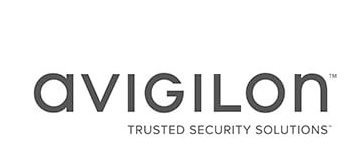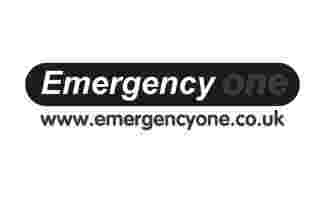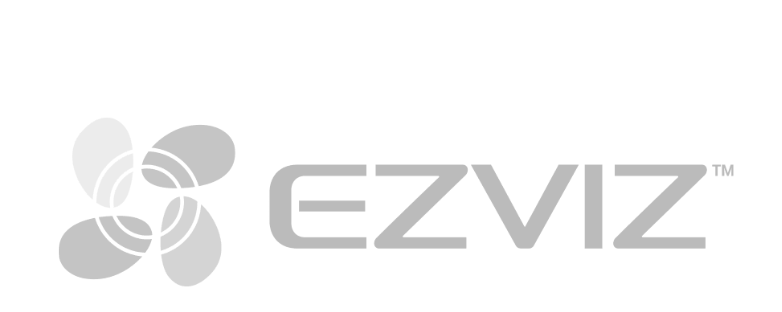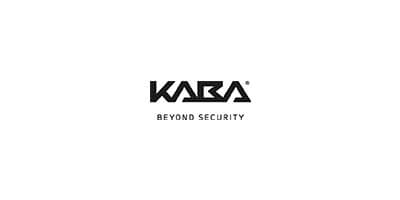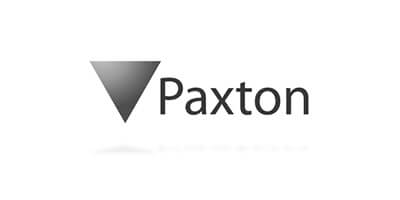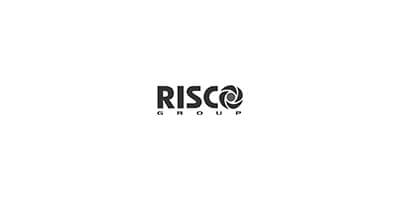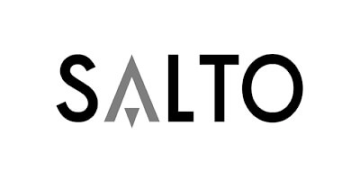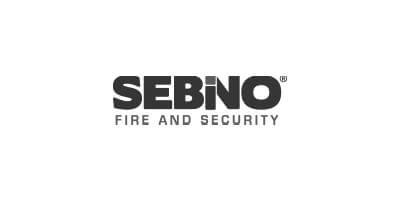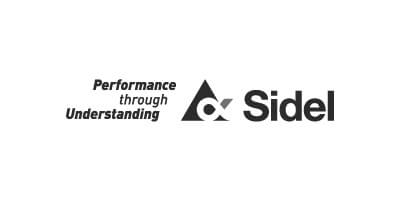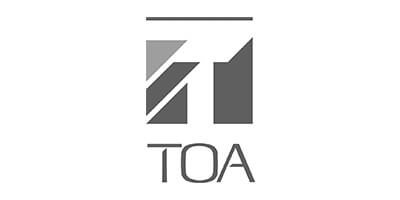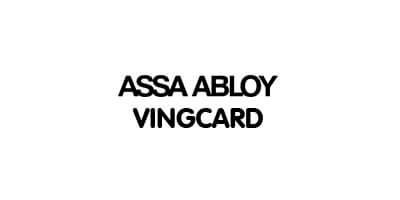As parents, we spend a lot of time thinking about how to keep our children safe—whether it’s reminding them to look both ways before crossing the road, buckling their seatbelt, or being careful online. But one area that often gets overlooked is home and personal security. Teaching kids good security habits early on is just as important as teaching them manners or healthy routines. With the right guidance, children can grow up with a natural sense of awareness and responsibility that helps protect not only themselves but also the people and places they love. At Alberta, we believe safety is a shared value—and the earlier it becomes part of daily life, the stronger and safer our communities will be.
Why Teach Kids Security Habits?
Children are naturally curious and quick learners. By giving them age-appropriate lessons in safety and security, you provide them with practical life skills they will carry into adulthood. Beyond that, good habits reduce risks: from preventing accidents to ensuring they know what to do in an emergency. Encouraging children to think about safety early on means they will grow up viewing security as second nature, rather than as a set of rules imposed by parents.
Building Awareness at Home
One of the best places to start is the home. Simple practices can make a big difference:
- Locking Doors and Windows: Teach kids to check that doors and windows are closed and locked before bedtime or when leaving the house. Make it a game—children love routines when they can “help” keep the home safe.
- Answering the Door: Kids should know never to open the door to strangers. Role-play scenarios with them so they understand when it’s safe to answer and when they should call a parent.
- Alarm Systems: If your home has a security alarm, show older children how it works. Involve them in arming or disarming the system so they understand its purpose.
These small daily tasks not only reinforce responsibility but also help kids feel like part of the family’s security team.
Online Safety Is Part of Security
Security today extends beyond physical spaces—it includes the digital world. Children spend significant time online, so it’s important to teach them safe digital habits too:
- Strong Passwords: Encourage them to create simple yet strong passwords for school devices or accounts.
- Privacy Awareness: Explain why they shouldn’t share personal information like addresses, school names, or holiday plans online.
- Responsible Social Media Use: For teenagers, talk about the risks of oversharing on social platforms, particularly when it comes to location tagging or posting about being home alone.
Just as you wouldn’t leave the front door open, you shouldn’t leave digital doors unlocked.
Emergency Preparedness
Children should also know what to do if something goes wrong. Depending on their age, teach them:
- Emergency Numbers: Ensure they memorise key contacts, such as parents, neighbours, or emergency services.
- Fire Safety: Run through simple fire drills at home, including how to exit safely and where to meet outside.
- Trusted Adults: Identify who they can turn to for help—whether a family member, teacher, or neighbour.
Preparedness reduces panic. A child who knows exactly what to do in an emergency will respond more calmly and effectively.
Making Security Fun and Engaging
Kids respond best when learning feels fun. Parents can use creative tools to teach:
- Stories and Games: Use role-play or storytelling to explain different safety scenarios.
- Reward Systems: Praise or small rewards reinforce positive habits, like remembering to lock up or check in.
- Visual Reminders: Colourful charts or stickers can help younger children remember their “security checklist.”
This approach helps children associate security with responsibility, not fear.
A Family Effort
Security should never feel like a burden—it’s a family value. By involving children, you create a culture of shared responsibility where everyone plays their part. Parents provide the tools and guidance, while kids gain confidence knowing they are trusted to contribute.
At Alberta, our mission has always been about more than installing systems—it’s about empowering families and communities to feel safe and protected. Instilling good security habits in children is one of the most effective ways to build a safer tomorrow.










